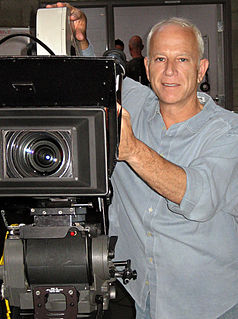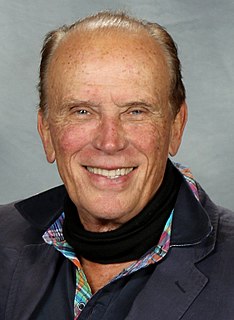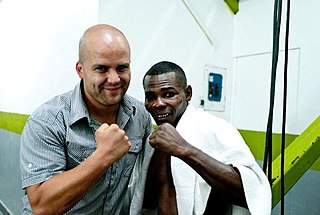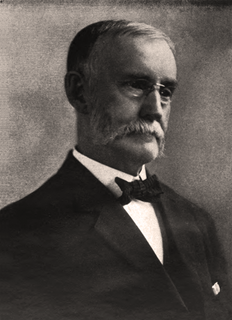A Quote by Russell Freedman
I think that today's books, in which every quote, every conversation, is taken from a memoir, an autobiography, an interview, or what-have-you, are much more convincing.
Quote Topics
Related Quotes
All minds quote. Old and new make the warp and woof of every moment. There is no thread that is not a twist of these two strands. By necessity, by proclivity, and by delight, we all quote. We quote not only books and proverbs, but arts, sciences, religion, customs, and laws; nay, we quote temples and houses, tables and chairs, by imitation.
The Master made it his task to destroy systematically every doctrine, every belief, every concept of the divine, for these things, which were originally intended as pointers, were now being taken as descriptions. He loved to quote the Eastern saying "When the sage points to the moon, all that the idiot sees is the finger.
I think it's a false distinction to say that conversation and composition are separate. Because even as we speak, I'm seeing. Every interview is different, and I'm finding new ways to talk about ancient preoccupations. And I sometimes come on something that's immensely helpful and valuable. Plus I like the sensation of conversation.
Miles Davis, my one and only real hero of my life. I met him [because] every time I had a movie interview, I would shift the conversation to jazz. Miles, when I finally met him, he knew he had a sucker walking in the door. Because his people told him, “This guy plays the trumpet and every freakin’ interview he has ever given, he’s talked about you.”
I you're writing memoir, but it even comes up in fiction. People just assume that you're writing thinly veiled autobiography. And particularly, I think, for people of color, our work is always seen as kind of anthropological artifact regardless. So, there's always going to be that assumption, but even more so in a memoir because often the names aren't even changed. It is easier to verify.
One of the central challenges for global conversation today is to find ways of getting to understand very different views about gender and sexuality. But we should start by recognizing that these issues are subjct to disputation within every society as well as across societies. We need a global conversation that recognizes that we have these very different views. Next, try to agree on fundamental rights: things we think every person is entitled to. Finally, if we're convinced that what a government or a society elsewhere is doing to some people is badly wrong and the conversation gets nowhere.
Life is a building. It rises slowly, day by day throughout the years. Every new lesson we learn lays a block on the edifice, which is rising silently within us. Every experience, every touch of another life on ours, every influence that impresses us, every book we read, every conversation we hear, every act of our commonest days, adds something to the invisible building.
Every interview is as much an impression of the journalist as it is the artist or subject. You look at interviews and you see a portrait of two people. The worst thing that can happen is if you're misquoted and then that quote is misquoted. That does drive one crazy. The most embarrassing thing is when your words are misrepresented or sometimes you say something stupid and you live to regret it.



































